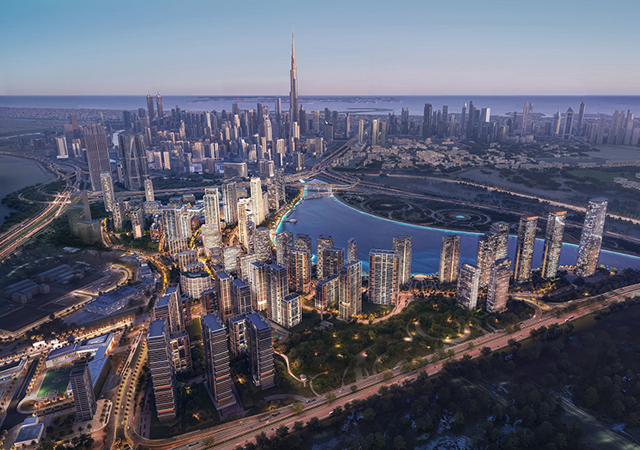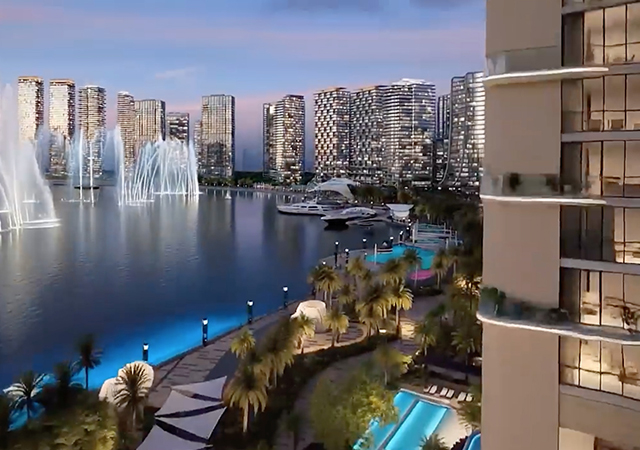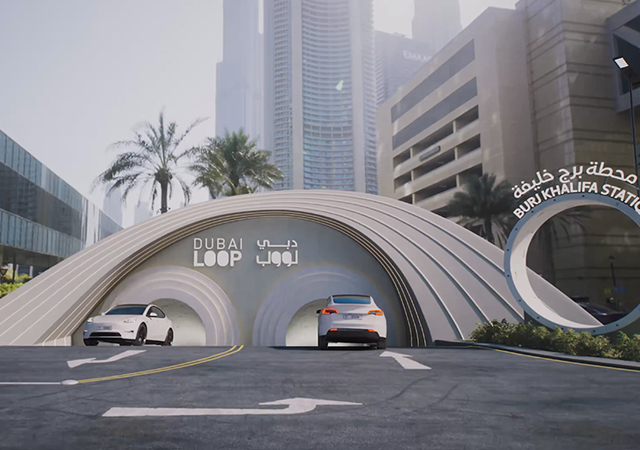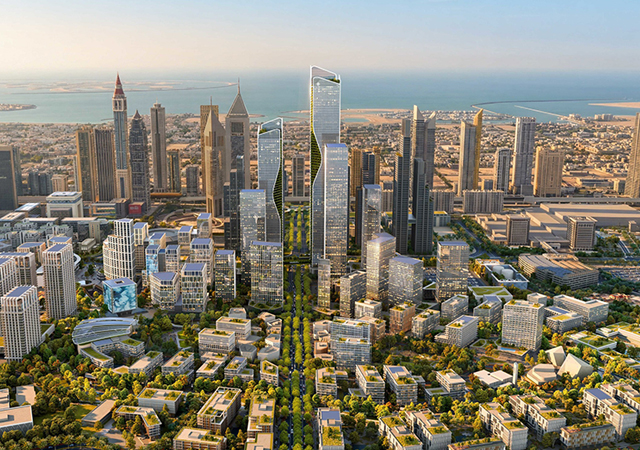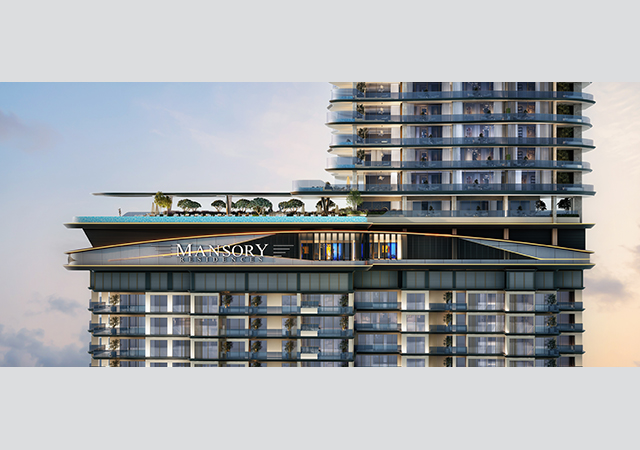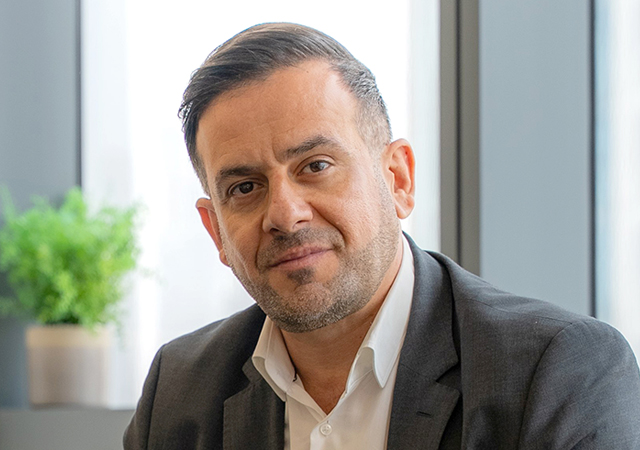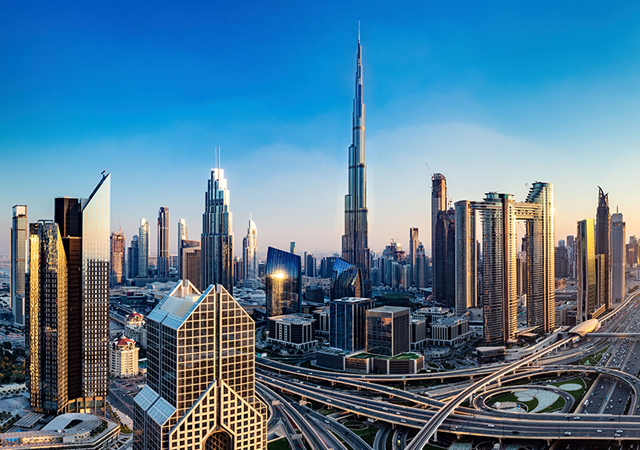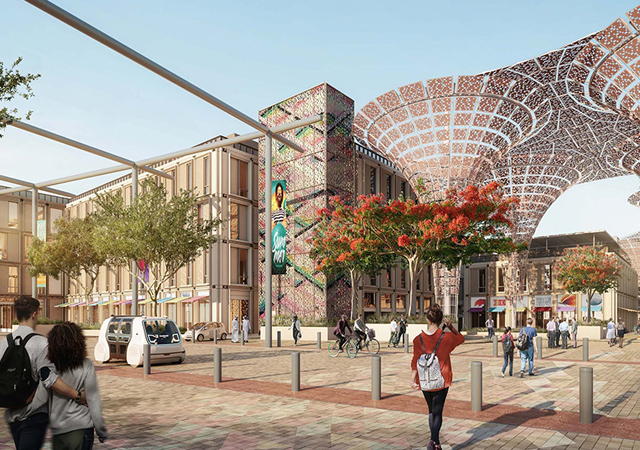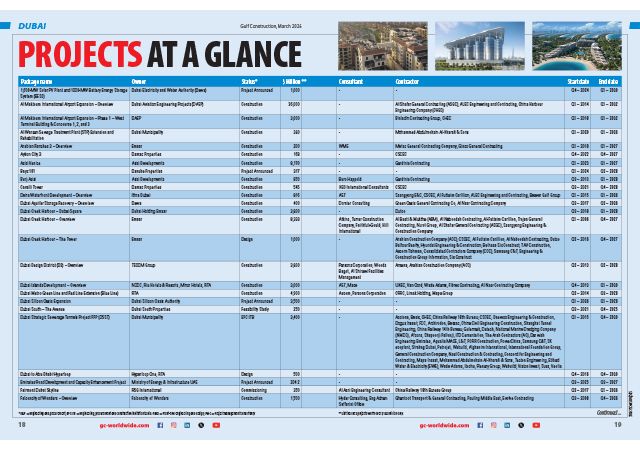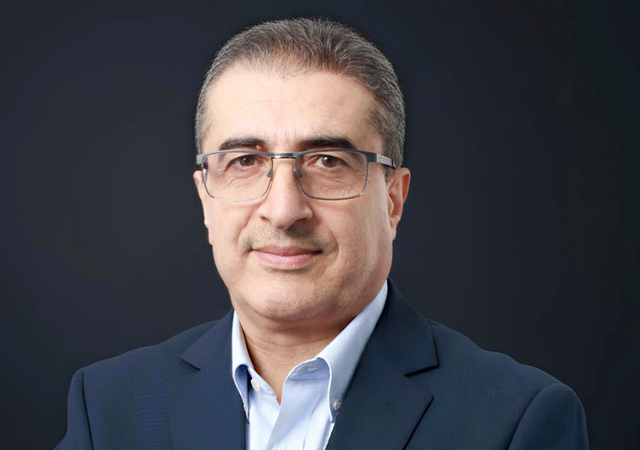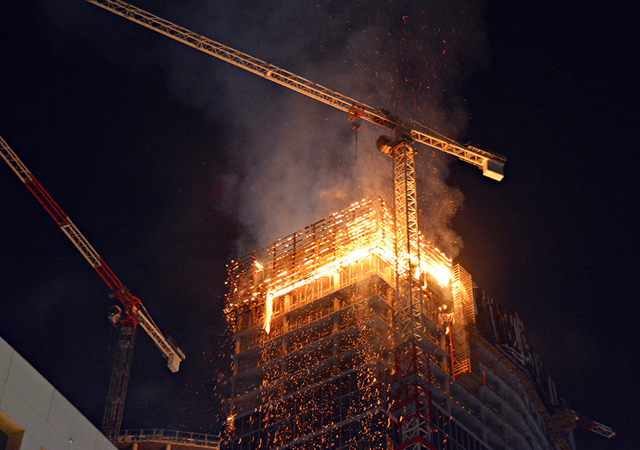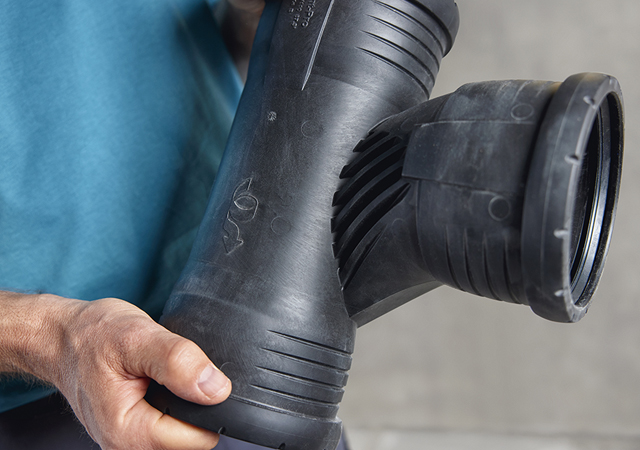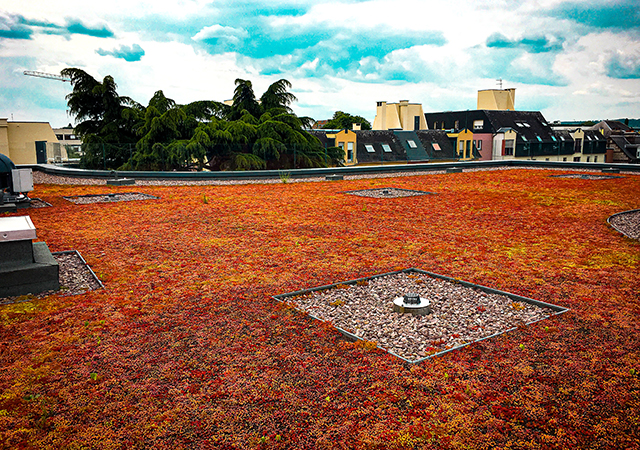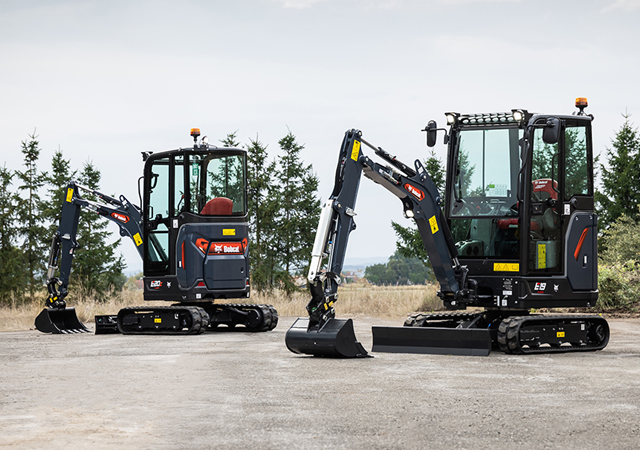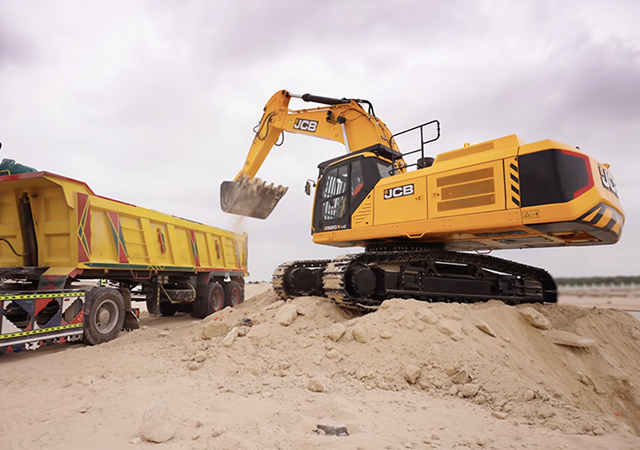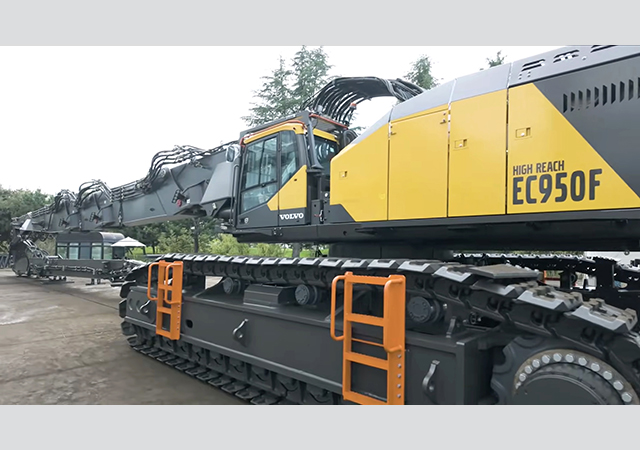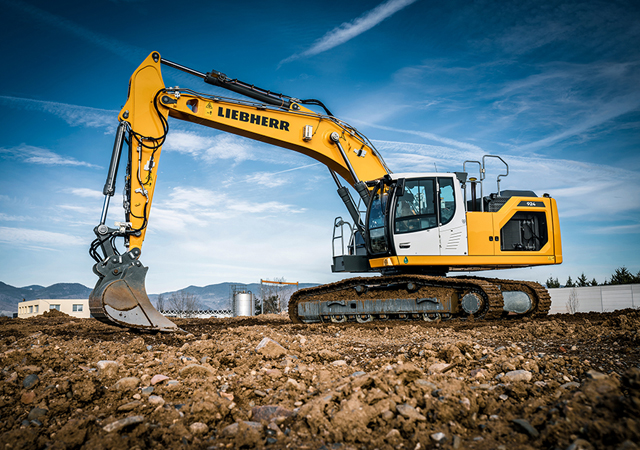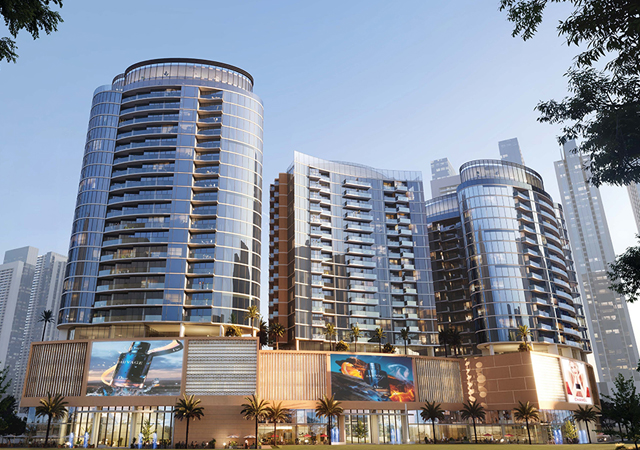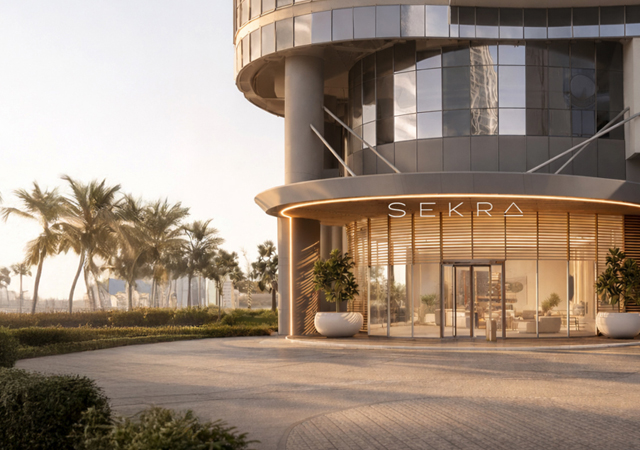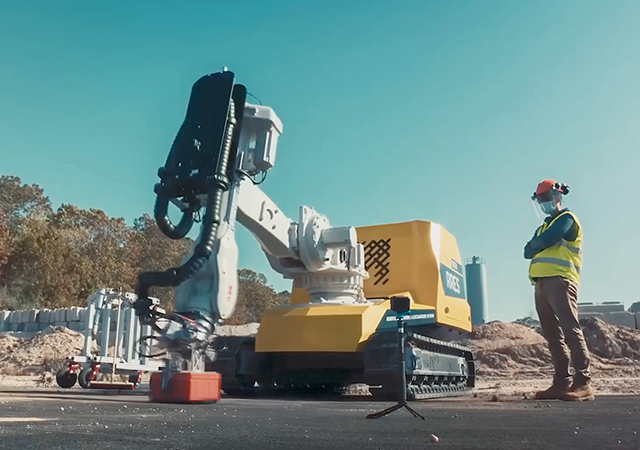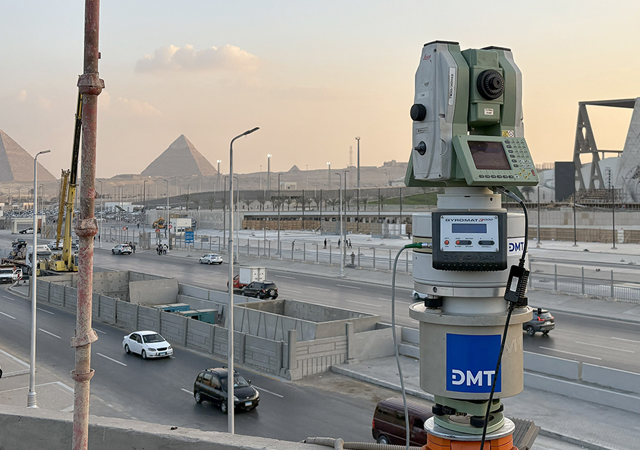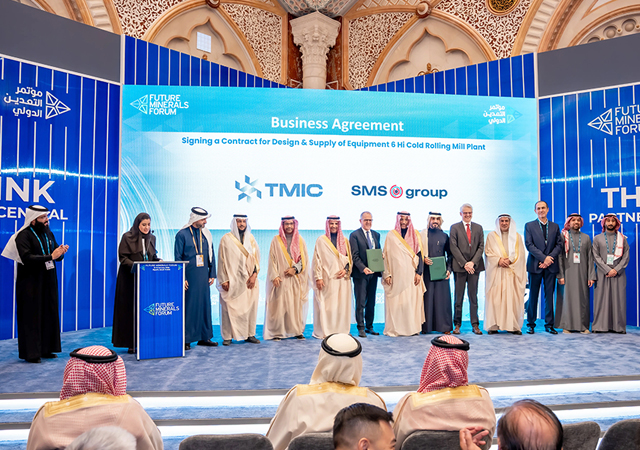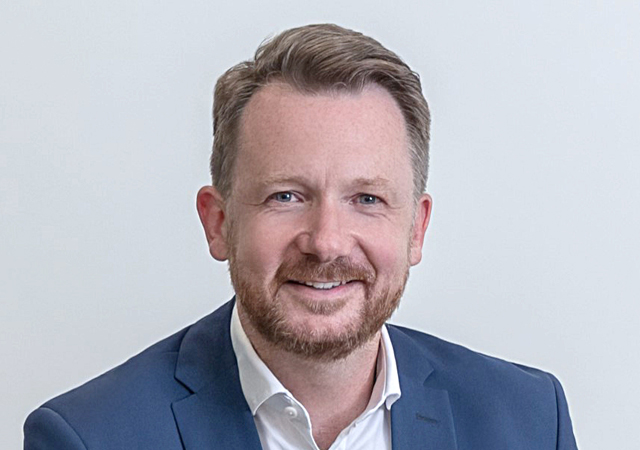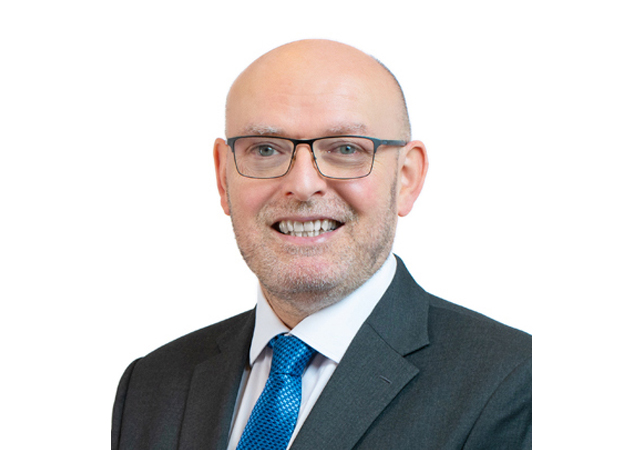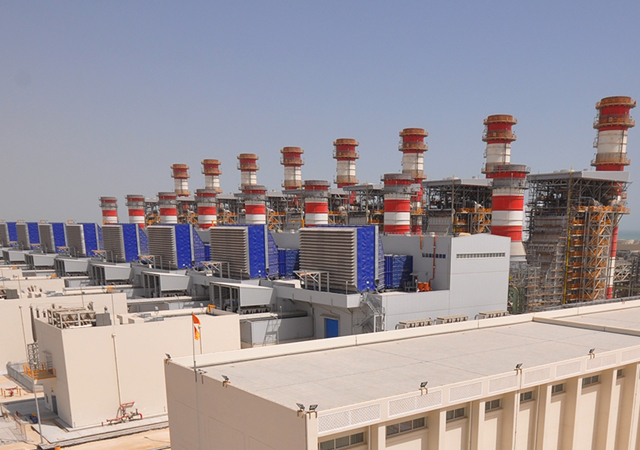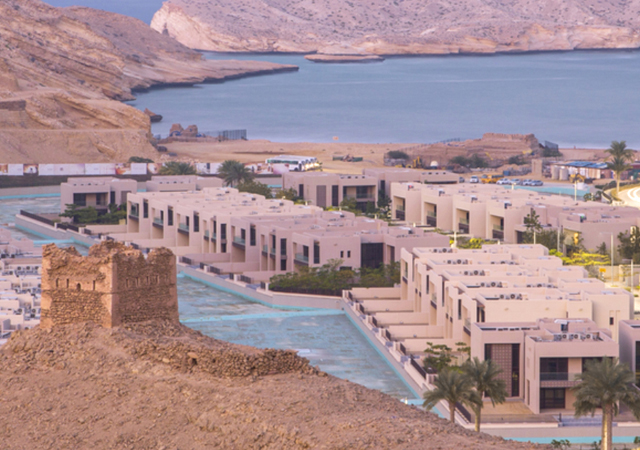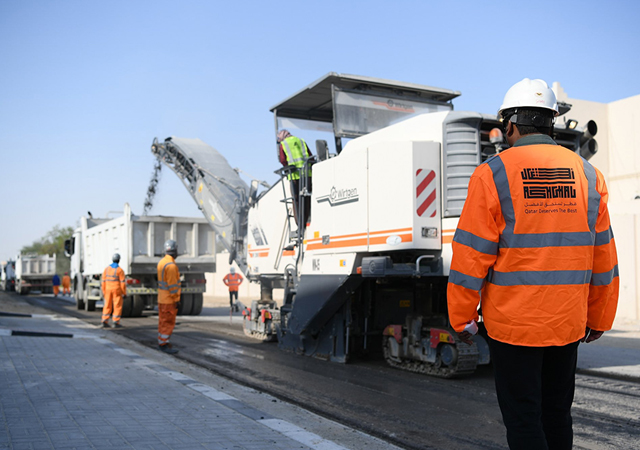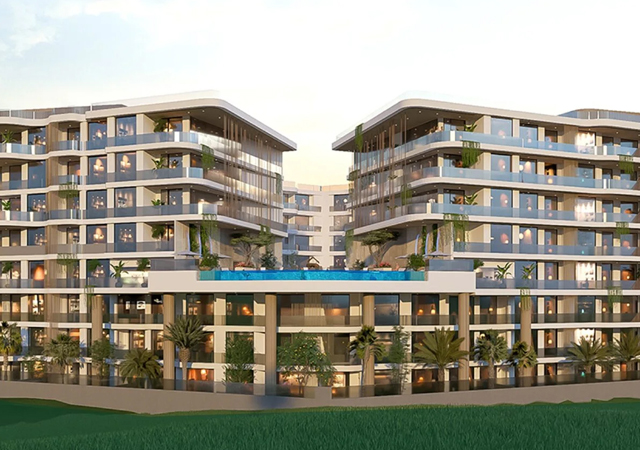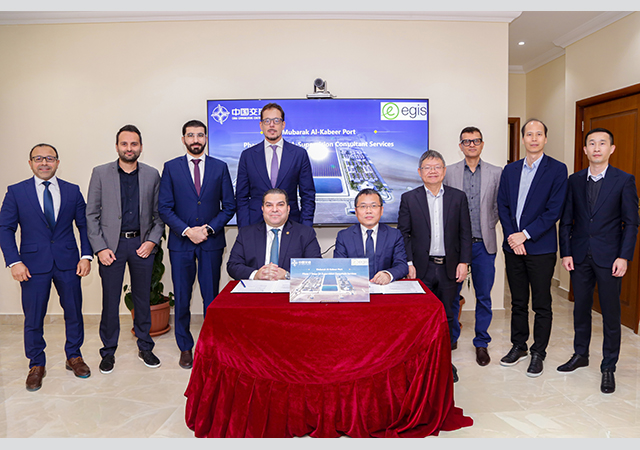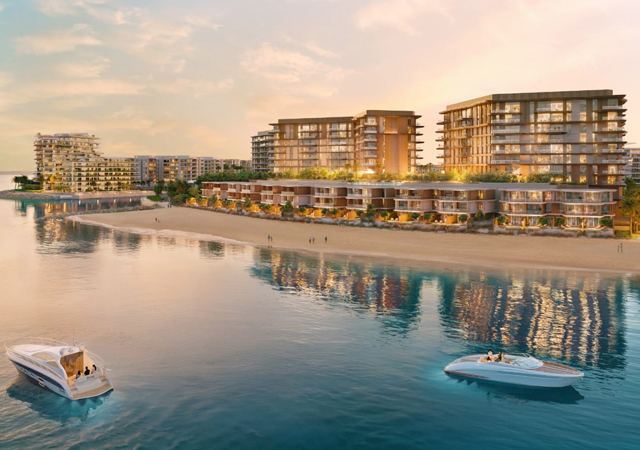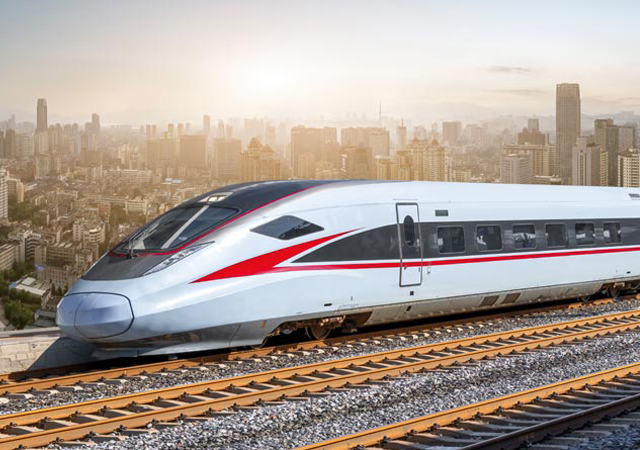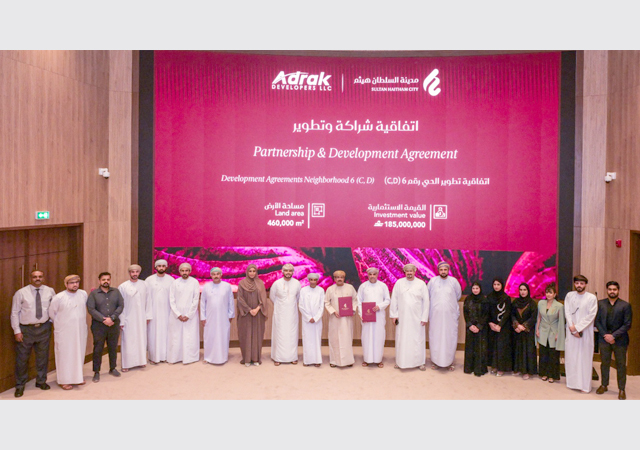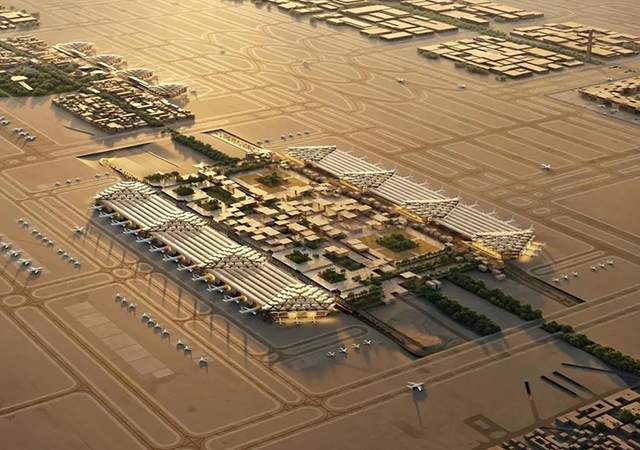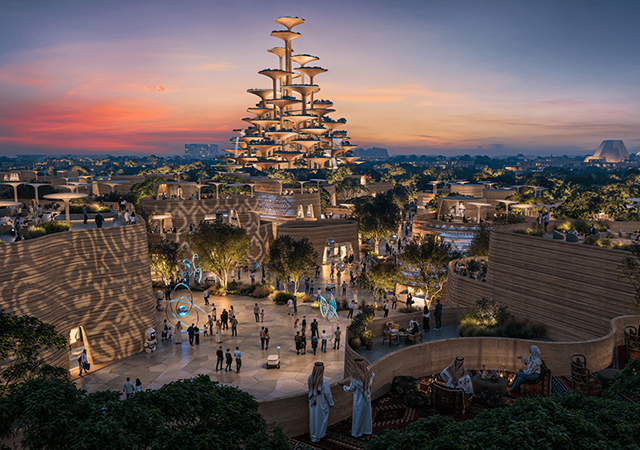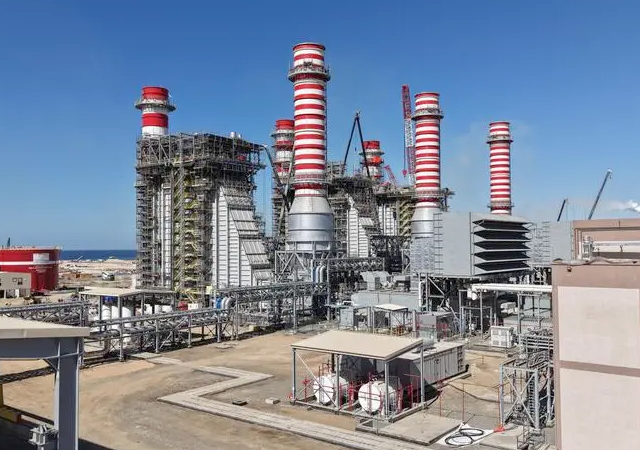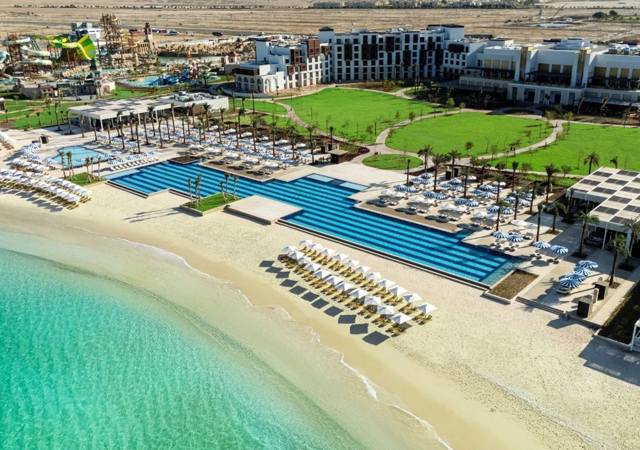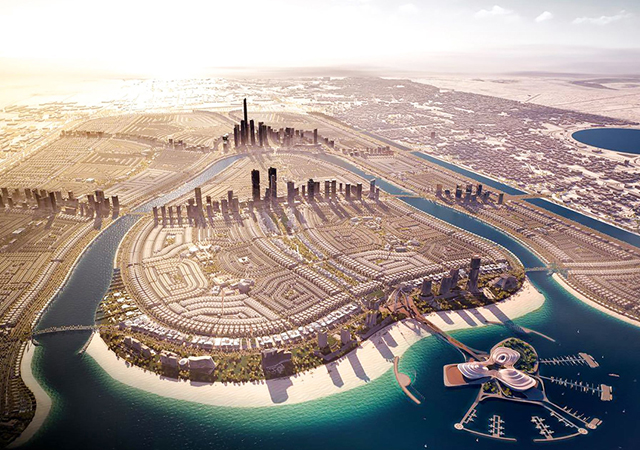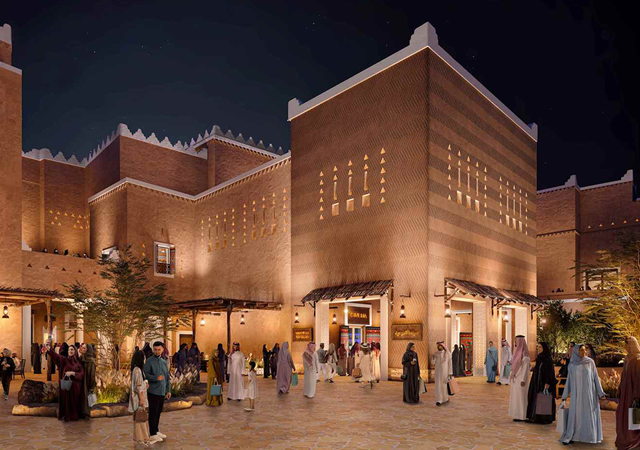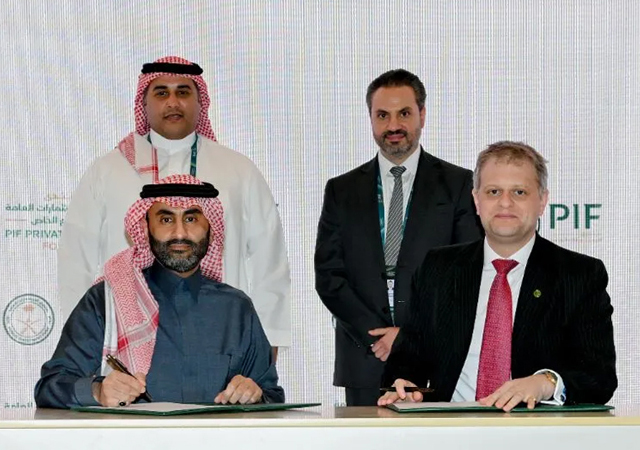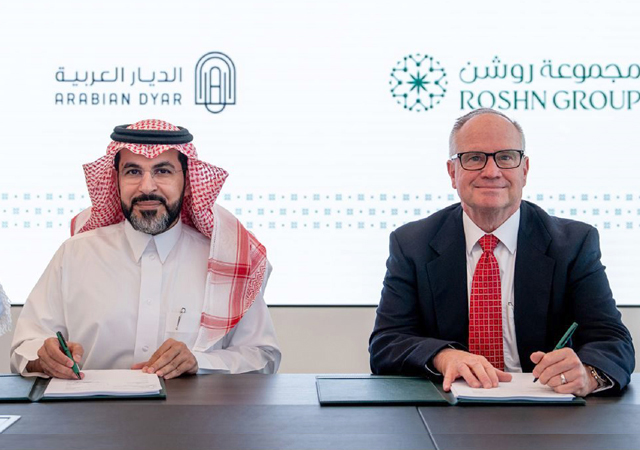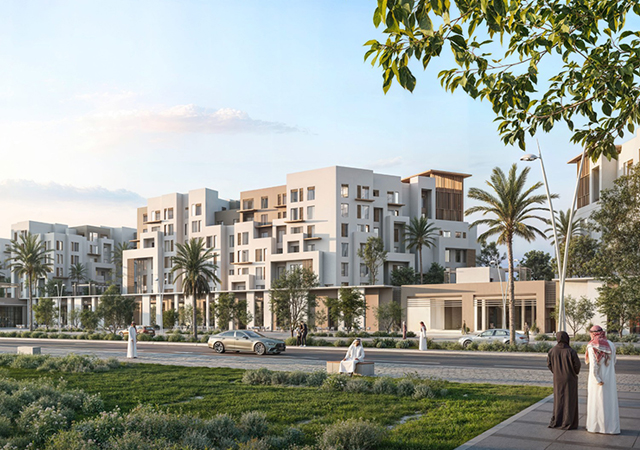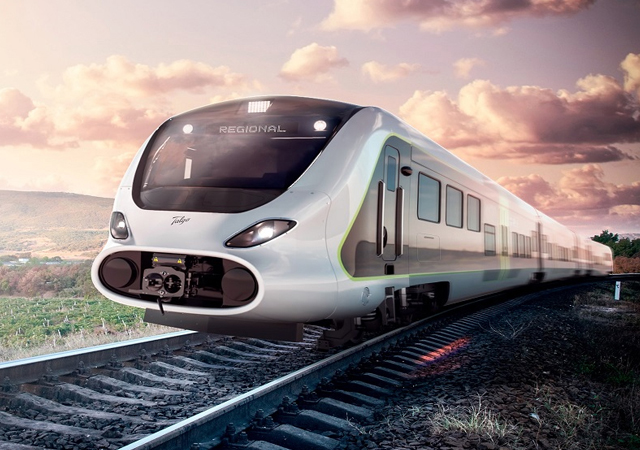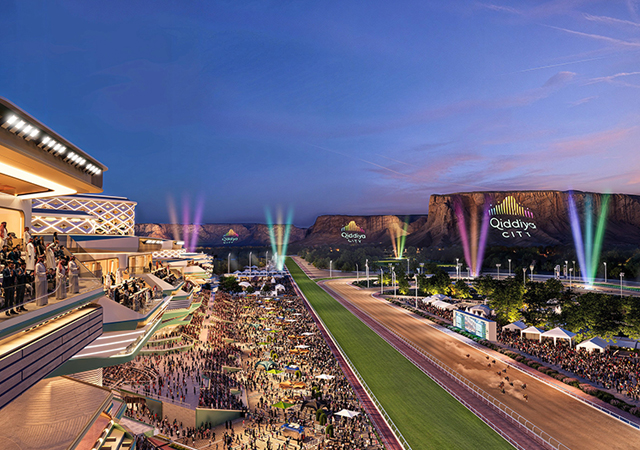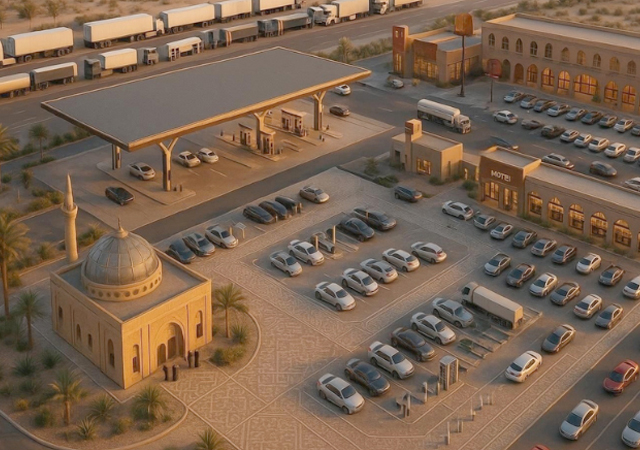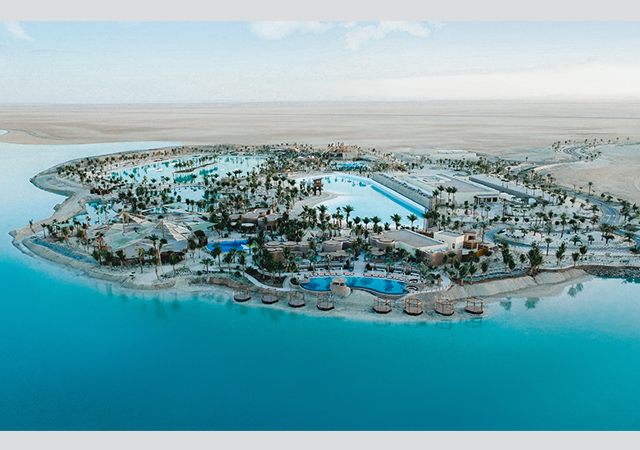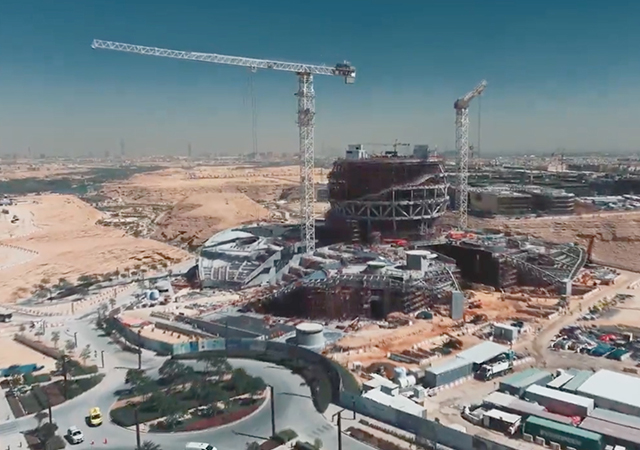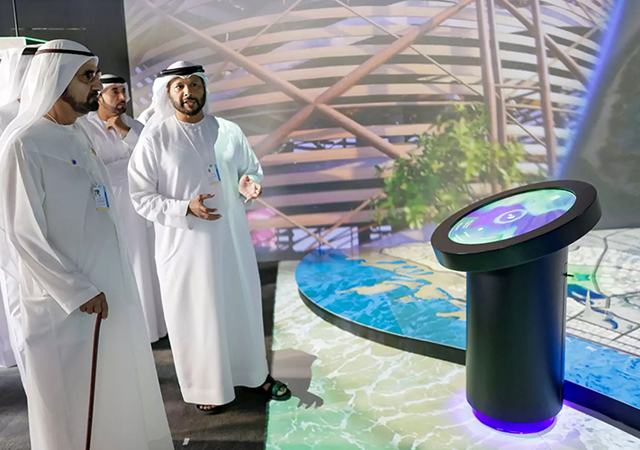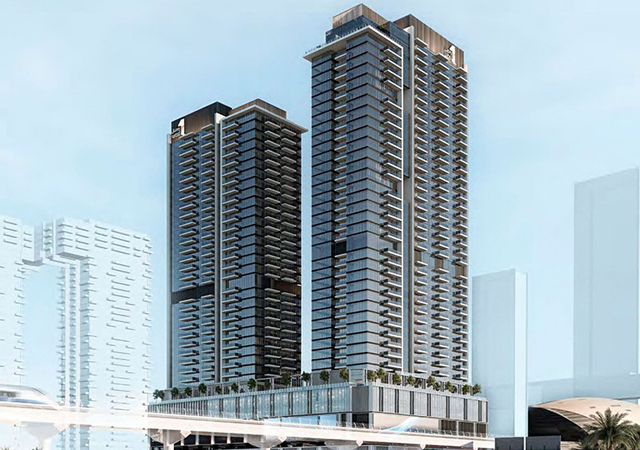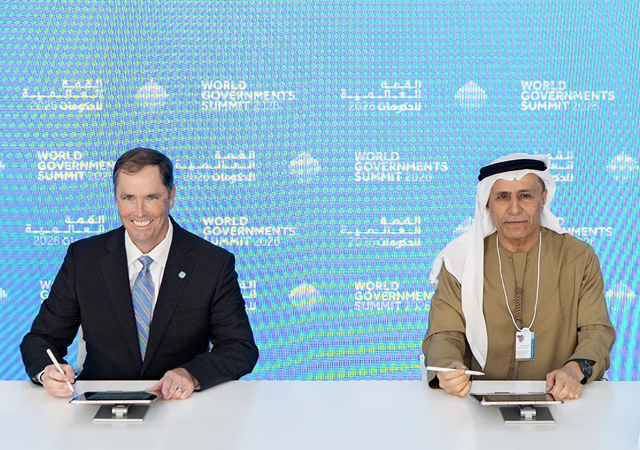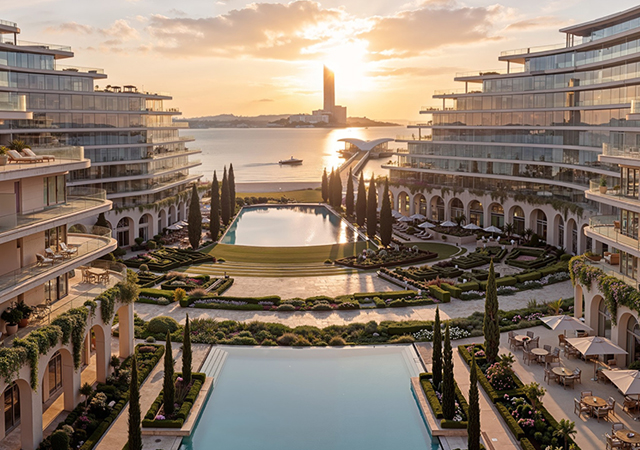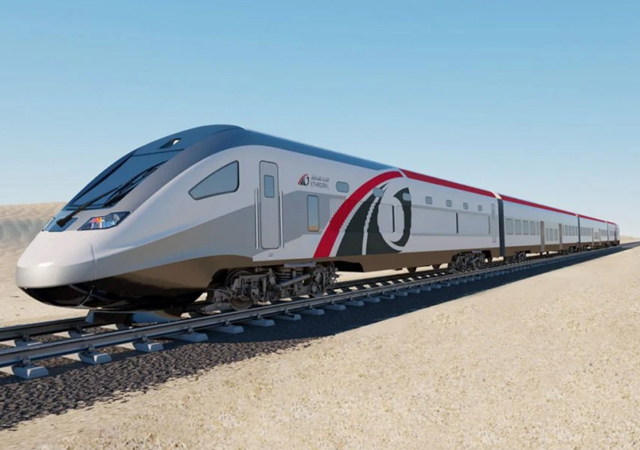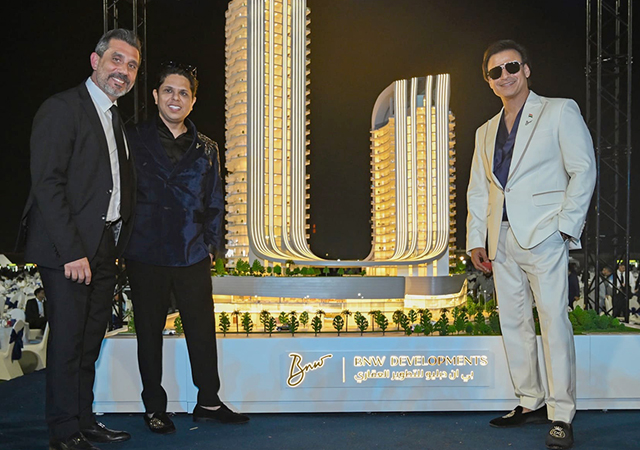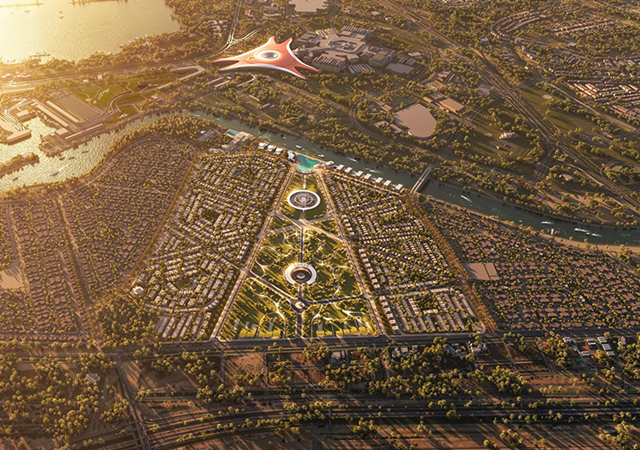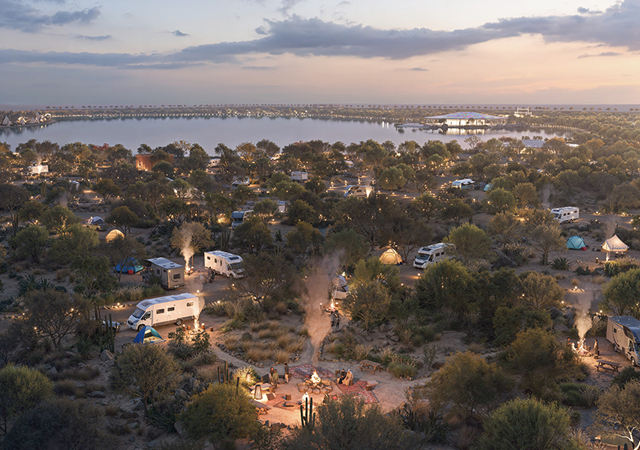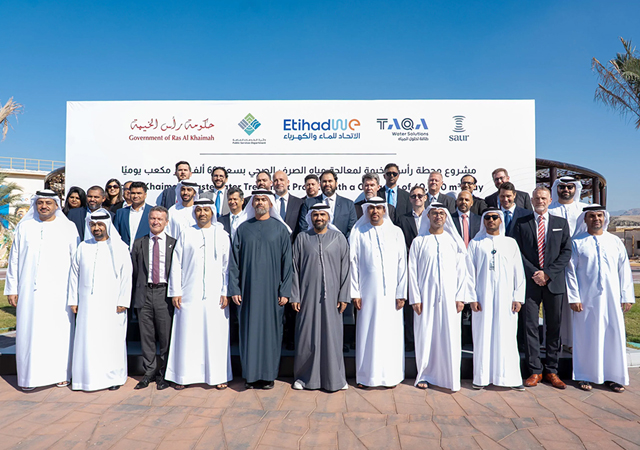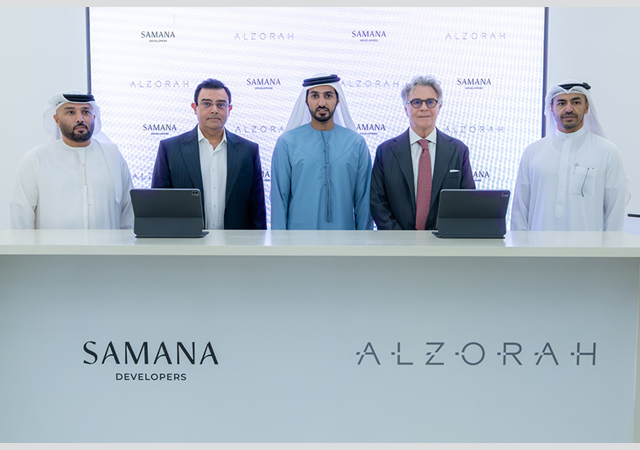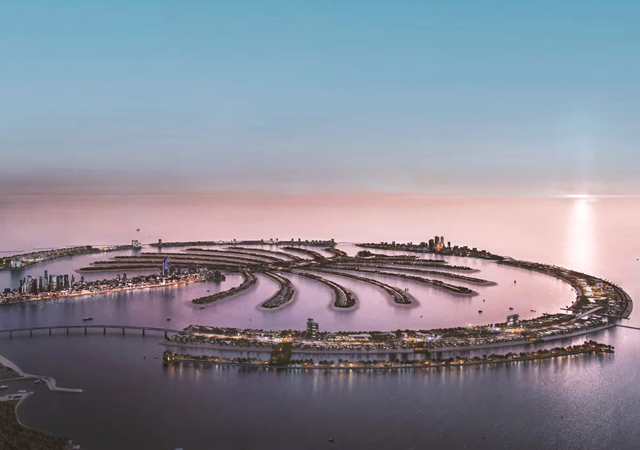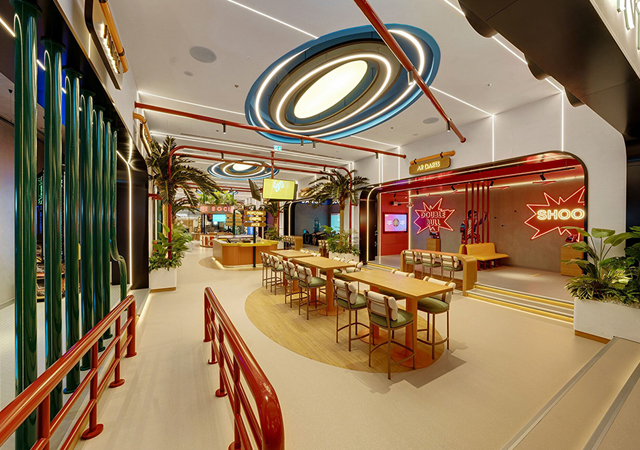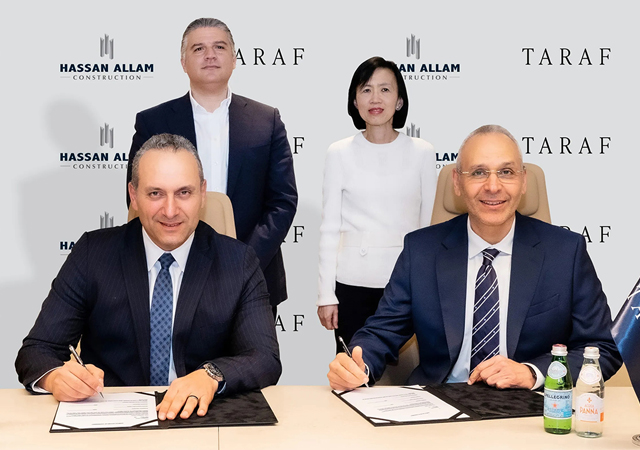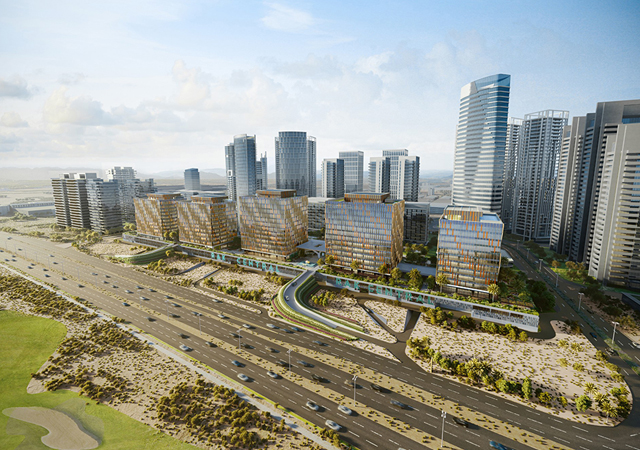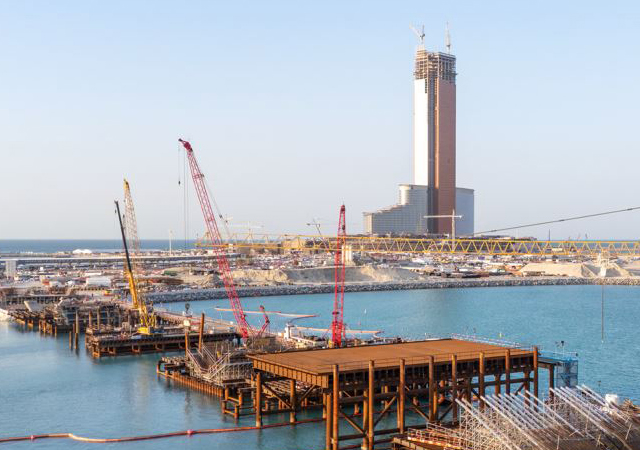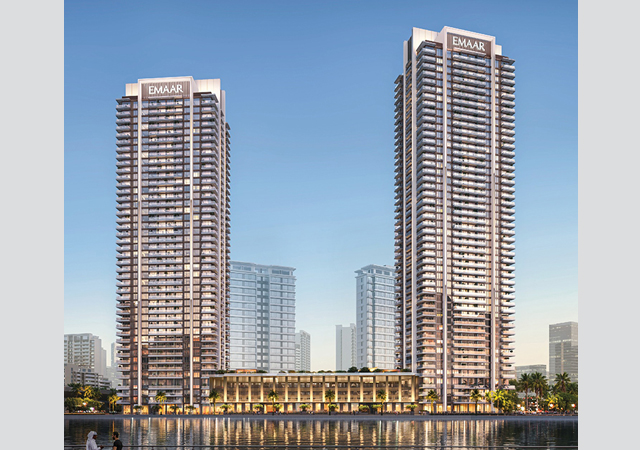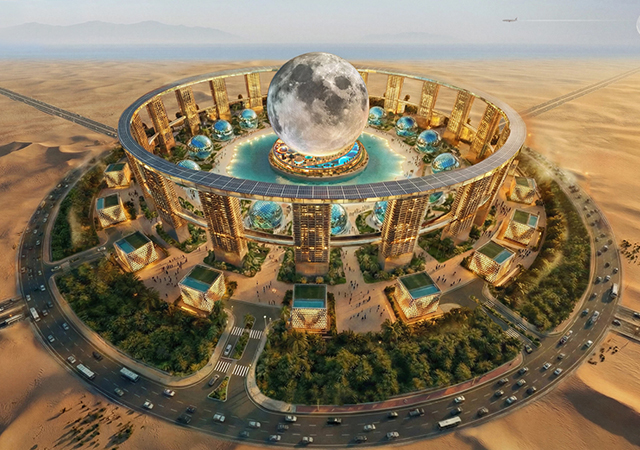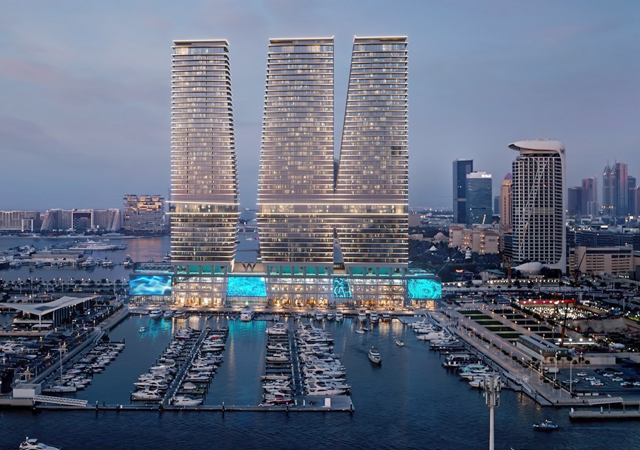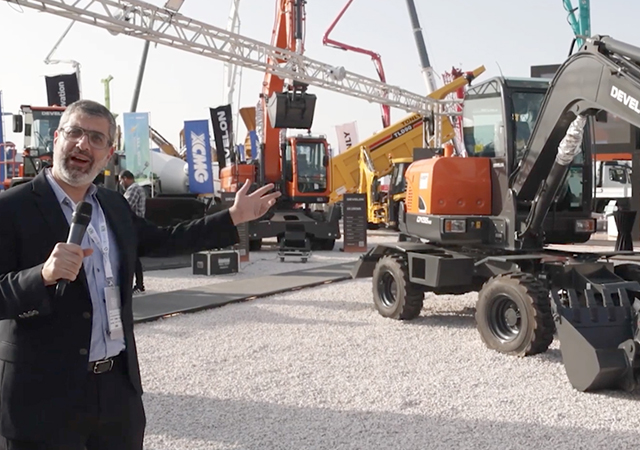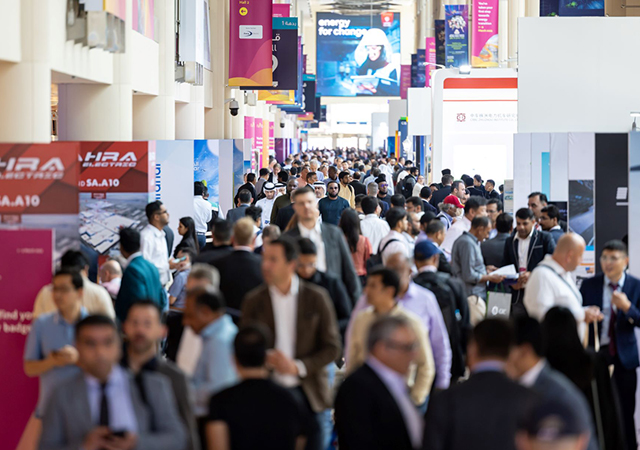.jpg)
.jpg)
The real estate and construction sectors are on the cusp of surpassing long-established economic pillars like wholesale trade, potentially becoming the number one contributor to Dubai’s GDP in the next five years.
According to the latest data from the Dubai Statistics Centre, the construction sector alone represents 6.6 per cent of the city’s GDP, contributing AED7.17 billion ($1.95 billion). Real estate activities add a further 8.1 per cent, amounting to AED8.77 billion. Combined, these two sectors account for 14.7 per cent of Dubai’s GDP, underscoring their growing importance in shaping the city’s economic future. This combined total now surpasses key sectors such as financial and insurance activities (10.3 per cent), transportation and storage (10.1 per cent), and manufacturing (8.6 per cent).
In contrast, wholesale and retail trade – including the repair of motor vehicles and motorcycles – which currently leads Dubai’s GDP at 26 per cent, is experiencing slower growth, registering just 3.4 per cent. While wholesale trade has long been a cornerstone of Dubai’s economy, its growth rate may have plateaued, with slower expansion compared to construction and real estate.
Meanwhile, the construction and real estate sector is expanding at a rate of 4.3 per cent. With this accelerated growth and the continued investment in sustainable infrastructure, innovation, and urban development, the sector is set to become the most dominant driver of Dubai’s economic future.
The shift toward construction and real estate dominance in Dubai’s GDP is driven by the city’s continued ambition to reinvent itself as a global leader in urban development. As Dubai accelerates its drive to diversify its economy, large-scale infrastructure projects, the construction of smart cities and sustainable building practices are all contributing to the rise of the real estate and construction sectors. The developments we are witnessing are not simply catering to the immediate needs of Dubai’s growing population, but also strategically positioning the city to be a beacon of innovation and sustainability. This places the construction and real estate sectors at the heart of Dubai’s transformation into a global powerhouse of the 21st century.
A key aspect of this transformation is how real estate is becoming a tool for economic diversification. Traditionally, real estate in Dubai has been synonymous with luxury, and while luxury developments play a crucial role, the market is now also embracing the rise of affordable, flexible, and tech-enabled housing solutions. This is making real estate more accessible, driving demand from a wider demographic. It’s also creating a thriving ecosystem around rental markets, shared spaces, and co-living models that cater to a diverse, globally connected workforce. Real estate is evolving to meet the demands of a mobile, tech-savvy generation, and this is only set to accelerate as new trends in remote working and flexible living continue to grow.
On the construction side, Dubai’s commitment to sustainable building practices has become a focal point. The growing emphasis on green buildings, net-zero developments, and eco-friendly designs is transforming the way properties are being built and the materials used in construction. From solar-powered homes to energy-efficient office spaces, Dubai’s real estate and construction sectors are embracing innovation at every turn. The city’s forward-thinking approach not only meets the demands of modern consumers but also aligns with Dubai’s sustainability goals, making these sectors not just drivers of economic growth, but champions of a more sustainable future.
Dubai’s real estate market is also benefiting from a global influx of investment. As international investors continue to look for opportunities in emerging markets, Dubai’s status as a stable and profitable destination for real estate investment has only grown. Its real estate market, once primarily driven by local demand, now sees significant contributions from international investors, further bolstering the growth of both the construction and real estate sectors. This influx of capital is expected to continue, further accelerating the sector’s expansion and positioning it as one of the primary drivers of Dubai’s economic future.
As Dubai’s economy evolves, the key to future success lies in the ability of construction and real estate to adapt, innovate, and continue to create the cities of tomorrow. The transition to a world of smart cities, green buildings, and flexible living spaces is already well under way. It is within this context that we can confidently predict that these sectors will be the number one economic driver in Dubai within the next few years.
* With over 15 years of experience in Dubai, Neeraj Mishra leads a multi-billion-dirham project portfolio.



